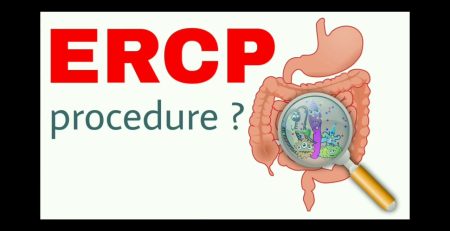Get answered to all your questions about acid reflux
Acid reflux and heartburn are the most common complaints that people are facing these days. Most people understand that the burning sensation of reflux directly results result into acid. However, there are many other questions about acid reflux which are still not clear. Here is the list of common questions and their answers about acid reflux, that you should know:
What is the difference between heartburn and acid reflux disease?
Heartburn is very common and is experienced by most of the people. If a person has acid reflux or heartburn more than twice a week it is called as acid reflux disease, which is also known as gastroesophageal disease or GERD.
What causes acid reflux disease?
Acid reflux occurs due to improper functioning of sphincter at the bottom of the esophagus like failing to close properly, opening at the wrong time. It may be due to LES is weaker than it should be. The disease can also be caused due to hiatal hernia. In this type of hernia, part of the stomach moves so that it is above the diaphragm. Obesity or overweight increases the risk of hiatal hernia and GERD.
How does diet affect acid reflux disease?
Acid reflux is often made worse by the following types of food.
- Foods that are high in fat
- Acidic foods like tomatoes and citrus fruits
- Spicy foods
- Peppermint (mint relaxes the LES)
- Alcohol
- Caffeine
- Chocolate
Avoid above foods to reduce the risk of acid reflux. Eat small, frequent meals, and do not eat 3 hours before you go to bed. Lying down after eating makes it easier for digestive juices to escape the stomach.
What medications can I use to treat acid reflux disease?
Antacids like calcium carbonate tablets (Tums) is recommended to reduce risk of acid reflux. Antacids helps to neutralize the acid level so it is less irritating to the esophagus. However, this is a temporary solution.
Proton pump inhibitors (PPIs) medicine reduces the acid level produced by stomach. You can take small dosages of some PPIs without any prescription. Gastroenterologist often prescribe a higher dosage and may tell you to take the tablets on a regular basis.
Is there any side effects of medications for acid reflux?
Antacids contains either calcium or magnesium salts. Calcium can cause constipation and magnesium can cause diarrhoea. Therefore, taking an antacid containing both calcium and magnesium can help to prevent these side effects. Usually there are no side effect but people may feel nausea, headaches, constipation or diarrhoea.
If you are suffering from acid reflux, visit Gadhikar Clinic. The skilled gastroenterologist, Dr. Harshal Gadhikar provides effective treatment for acid reflux.




Leave a Reply